Inquest into Hillcrest jumping castle deaths ‘cannot progress’
An inquest into the deaths of six primary school students in a tragic jumping castle accident “cannot progress” for this reason.
A coronial inquest into the deaths of six primary school students killed in a tragic jumping castle accident “cannot progress” because of a move to withhold key evidence, a court has been told.
The six primary school children were killed on December 16, 2021, when a jumping castle was lifted into the air by a “mini-tornado” and reached a “great height” before plummeting to the ground.
Five of the schoolchildren died as a result of injuries sustained while they were violently tossed around by the jumping castle, according to reports.
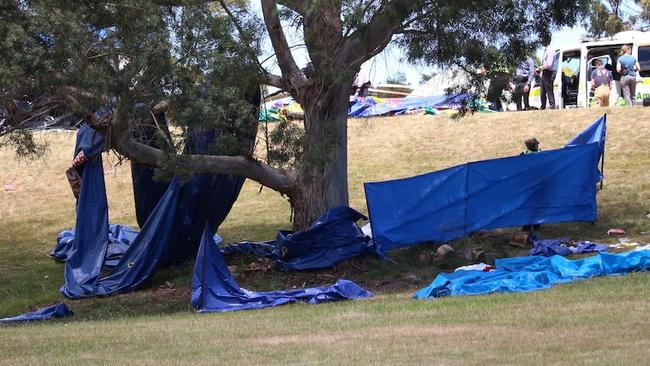
A sixth child is believed to have been fatally struck in the head by an attachment to the airborne inflatable, the inquest was previously told.
On Tuesday, Devonport Magistrates Court was told the coronial inquest into the deaths of the six children was “unable to proceed” after the Supreme Court became involved.
The coronial investigation had been waiting on a file from WorkSafe Tasmania with vital information, including expert reports.
However, the court was told the regulator took an extraordinary step to prevent the team from accessing the material.
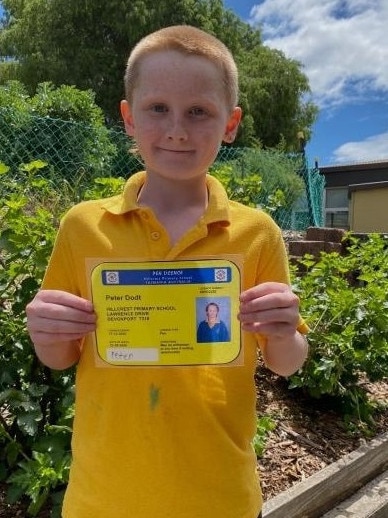
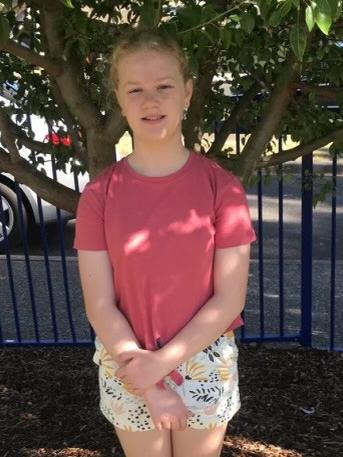
Counsel assisting the coroner Leigh Mackey told the court that police had been sent to the WorkSafe office in Tasmania to obtain a copy of the file, including audio and video recordings.
The regulator subsequently applied to the Supreme Court for an order to prevent investigators from accessing the material, which it claimed contained privileged information.
Ms Mackey said the coronial inquest had been stymied by the WorkSafe decision to withhold expert evidence.
“In the absence of that material, the coronial investigation cannot progress and the inquest cannot commence,” she told the court.
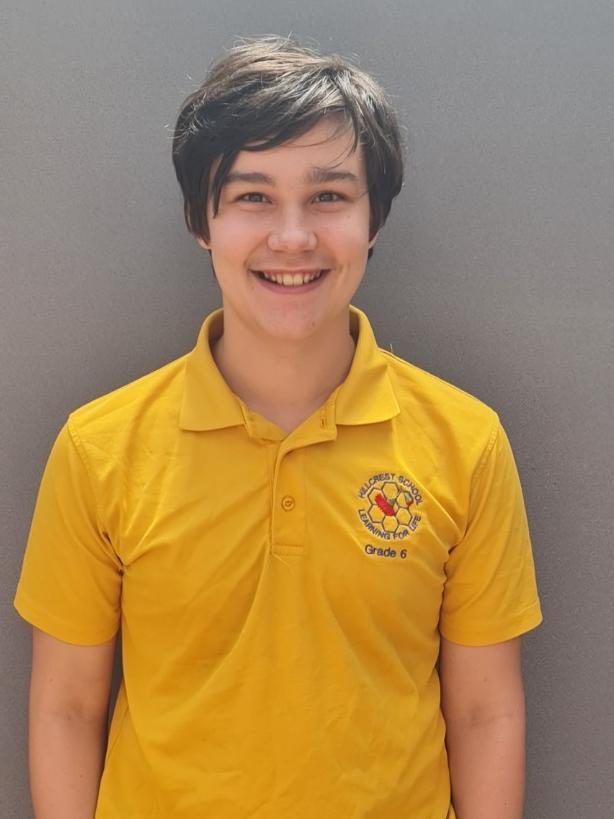
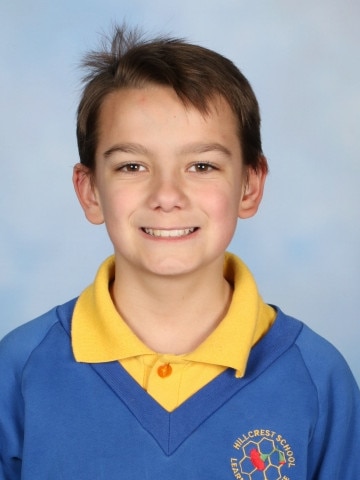
The file includes expert reports, interviews, geotechnical surveys and other “highly relevant” material relating to the deadly jumping castle incident.
Coroner Olivia McTaggart agreed that WorkSafe’s decision to suppress the “crucial” reports had “effectively stopped the inquest”.
“My obligation is to obtain all relevant investigation material,” she explained to the court.
“Privilege has been claimed despite what I saw as a collaborative process.”
WorkSafe’s application to prevent access to the investigation file will be heard in the Supreme Court on April 5.
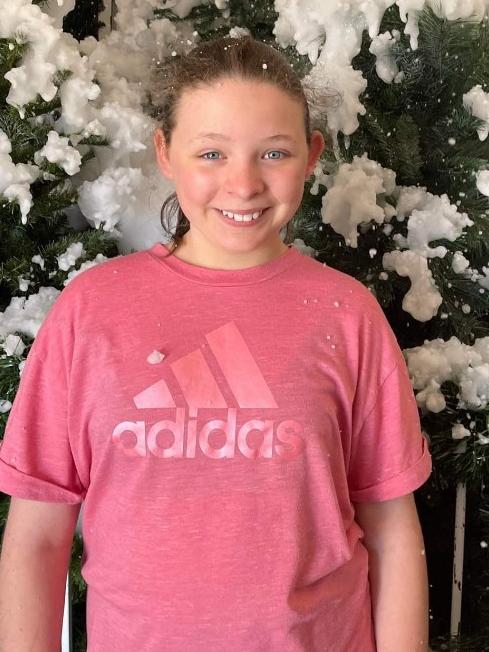
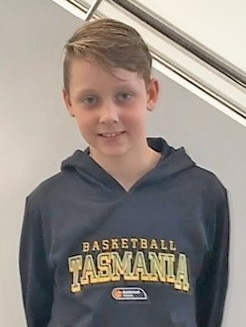
Some of the families of the dead children could seek to make submissions on the claim of privilege, their lawyer said.
The coroner estimated the Supreme Court argument could take two to three months to finalise, although she indicated she would attempt to expedite the process.
“There is little point getting everyone back again before this is sorted out,” she said.
“My genuine concern is the time period.”
The coronial inquest had been slated to start later this year after a lengthy investigation process involving a large volume of evidence.
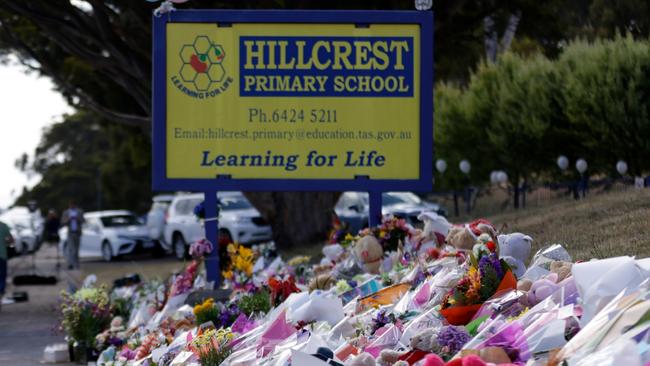
Although WorkSafe refused to provide the investigation material to the inquest, the court was told the majority of the file was handed to the Director of Public Prosecutions.
If the DPP decides to pursue criminal charges over the deadly incident, the court was told it would need to do so by December 16 to adhere with the legal cut-off date.
WorkSafe Tasmania lawyer Sam Thompson could not confirm whether the timeline would be met.
“We are unable to indicate when charges may be laid,” he said.
The jumping castle had contained seven primary school students when it became airborne, but only two survived the fall.
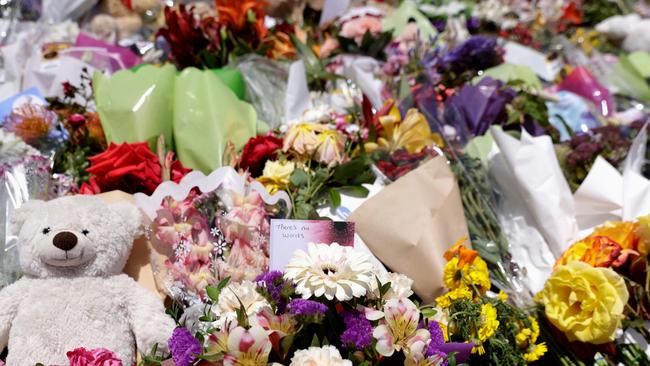
Three children playing in inflatable Zorb balls also became airborne in the sudden wind event, but they were non-fatally injured.
The children, aged between 11 and 12, had been celebrating the last day of the school year at Hillcrest Primary School with 33 of their classmates when tragedy struck.
The Tasmanian Education Department banned inflatable equipment at public school events following the tragic incident.


